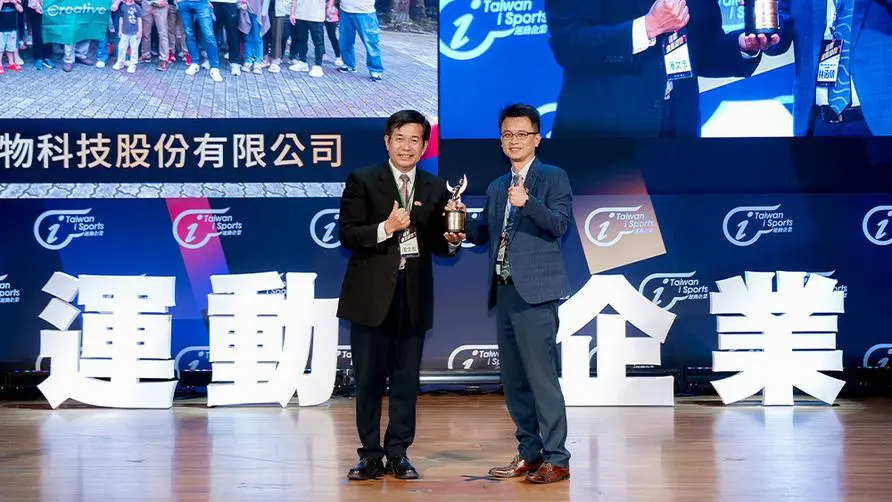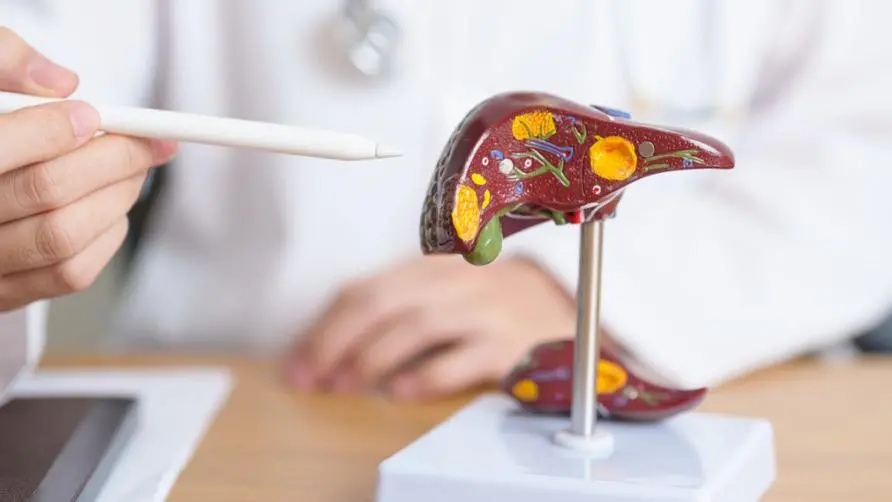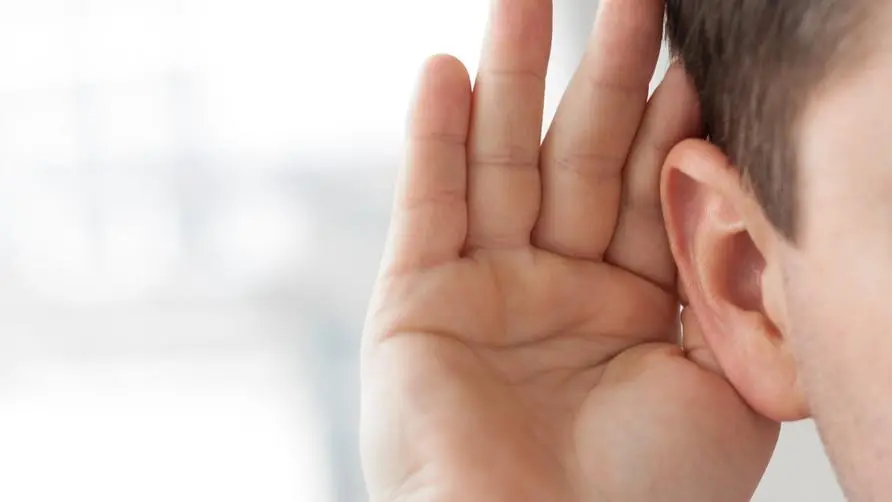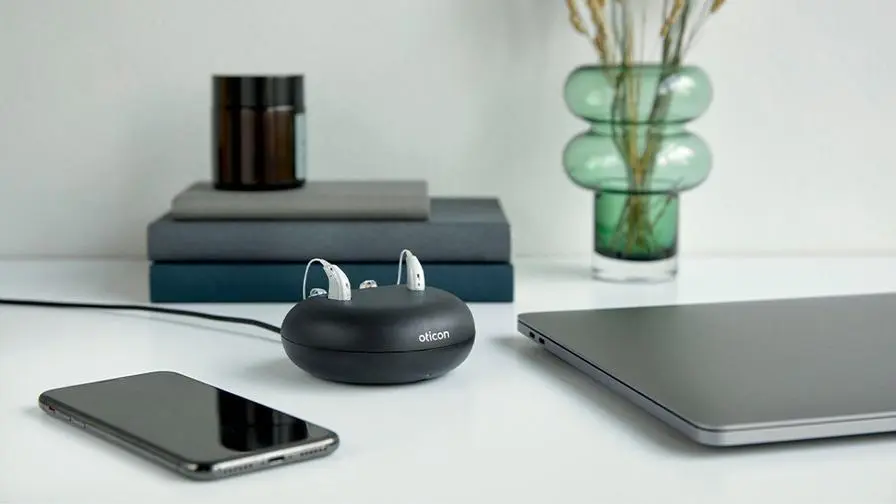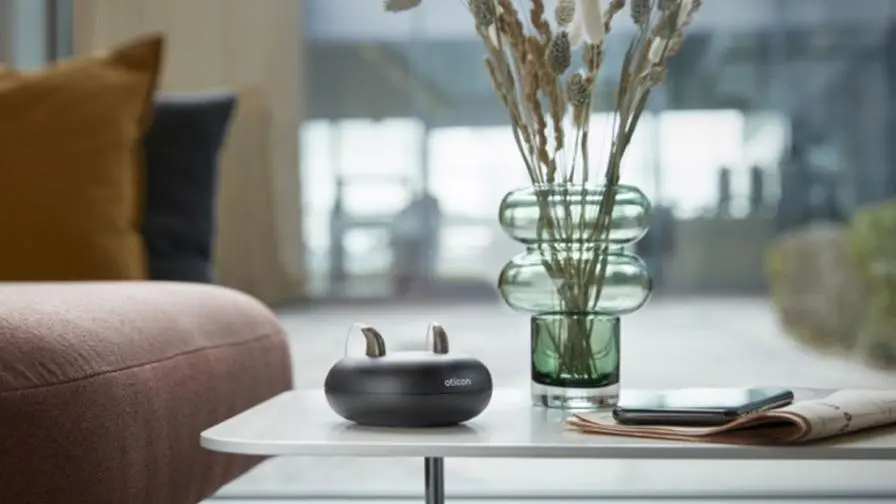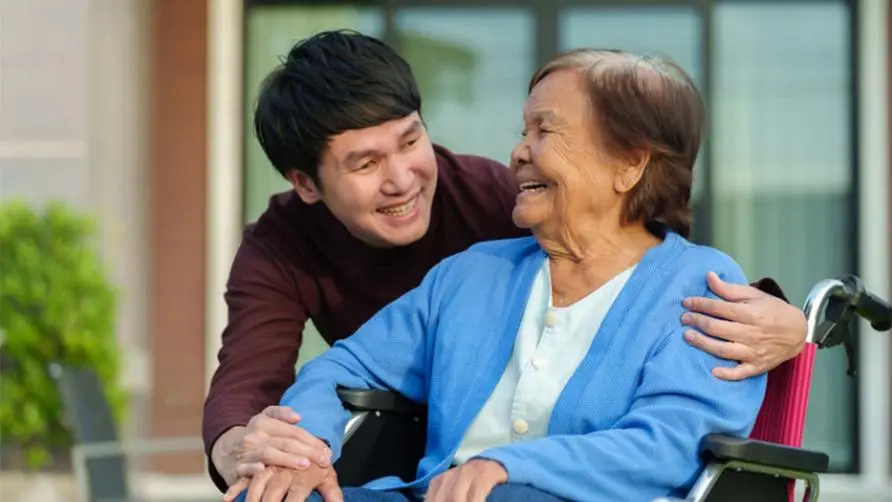Her "congenital hearing loss" and her pitch pronunciation are no different from those of ordinary people! Doctor: Early implantation of cochlear implants can help hearing-impaired people return to normal life
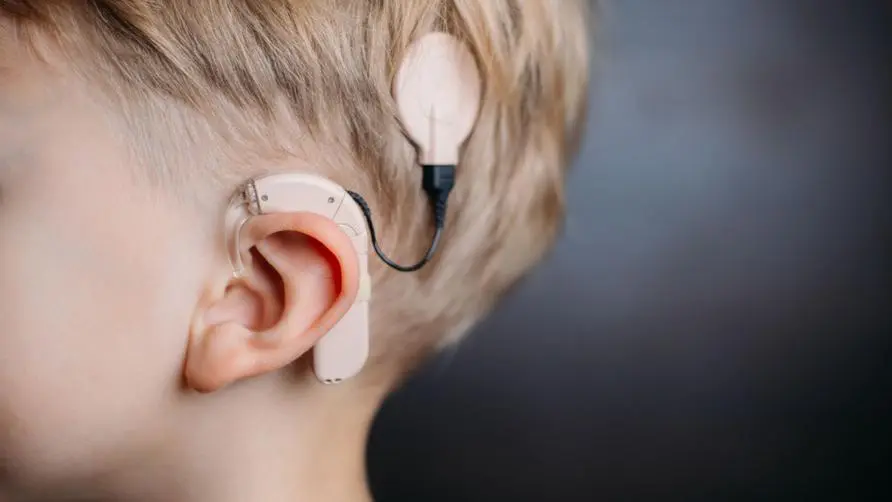
Even if they suffer from congenital hearing impairment, if early intervention and early treatment measures are taken, the patient will still have the opportunity to live a normal life, and even develop interests such as singing and dancing that rely on hearing? Yuwen, who is currently a first-year student at the National Taiwan University of Arts, was diagnosed with congenital severe hearing loss in both ears when she was two years old. Because of her parents’ strength and courage, they decided to implant electronic ears for their baby daughter.
She was “congenitally hearing-impaired” and her pitch was no different from that of ordinary people! “Close to real sound” new generation electronic ear assist
With the help of electronic ears and a long period of hearing rehabilitation, Yu Min won the first place in reading aloud in Taiwan when she was a child, the first place in Taiwan’s speech in junior high school, and the third place in the Taichung City Impromptu Speech Competition, and won the Presidential Education Award for Striving for Progress. Award honors. In addition, Yu Wen has gone through many hurdles such as primary selection, final selection and training among dozens of outstanding young people to become a speaker at TEDxTCGS Youth. She tells everyone with a steady typhoon that she is “not afraid of being hearing-impaired”!
Behind Yuwen’s excellent results and performance, she also worked twice as hard as the average person. Looking back on the early treatment process, it would take children with hearing loss more than a year to do the phrases and phrases that ordinary children can easily say. It also took Yu Wen two full years to speak an incomplete sentence.
Dr. Wu Zhemin of the Department of Otolaryngology of Chang Gung Memorial Hospital who implanted the electronic ear for Yuwen said that children who had cochlear implants in the early years were almost tone-deaf for music and singing, but because the electronic ear she implanted today is for the new generation, she can listen The sound was very close to the real thing, and coupled with the unremitting listening and speaking early treatment, Yuwen, who was five years old at the time, had quite good intonation and could sing clearly.
Health insurance-subsidized second ear electronic ear helps hearing-impaired people return to normal life as soon as possible
In addition, at that time, there were more than 100 cases of bilateral ear surgeries. Dr. Wu Zhemin’s in-depth research and tracking found that under the background of noise, bilateral ear implantation of electronic ears will have better “speech recognition” than unilateral implantation. " and “sound source localization ability”. Therefore, based on the advice and evaluation of Dr. Wu Zhemin, 13-year-old Yu Wen also benefited from the National Health Insurance Subsidy to be implanted with a second ear electronic ear in 2018.
Senior speech therapist Wang Wenhui said that hearing rehabilitation plays the final key role after hearing-impaired people wear appropriate hearing aids. Hearing rehabilitation not only helps hearing-impaired children develop hearing ability during early treatment, but also helps adults with hearing-impaired people communicate with strangers, or “listen” and “speak” in life and work. benefits and necessity.
Colin’s Hearing and Speech Service Center, which has been established for 11 years, has helped more than a thousand hearing-impaired people wearing hearing aids or electronic ears establish their ability to “listen” and “speak” over the years. From children to grandparents in their 80s, through customized individual hearing rehabilitation courses and multi-themed group courses, each hearing-impaired child becomes a professional supporter for their parents and helps adults improve their communication skills and confidence. Patients can also restore their life adaptability and rebuild their quality of life through situational courses.
Further reading:
